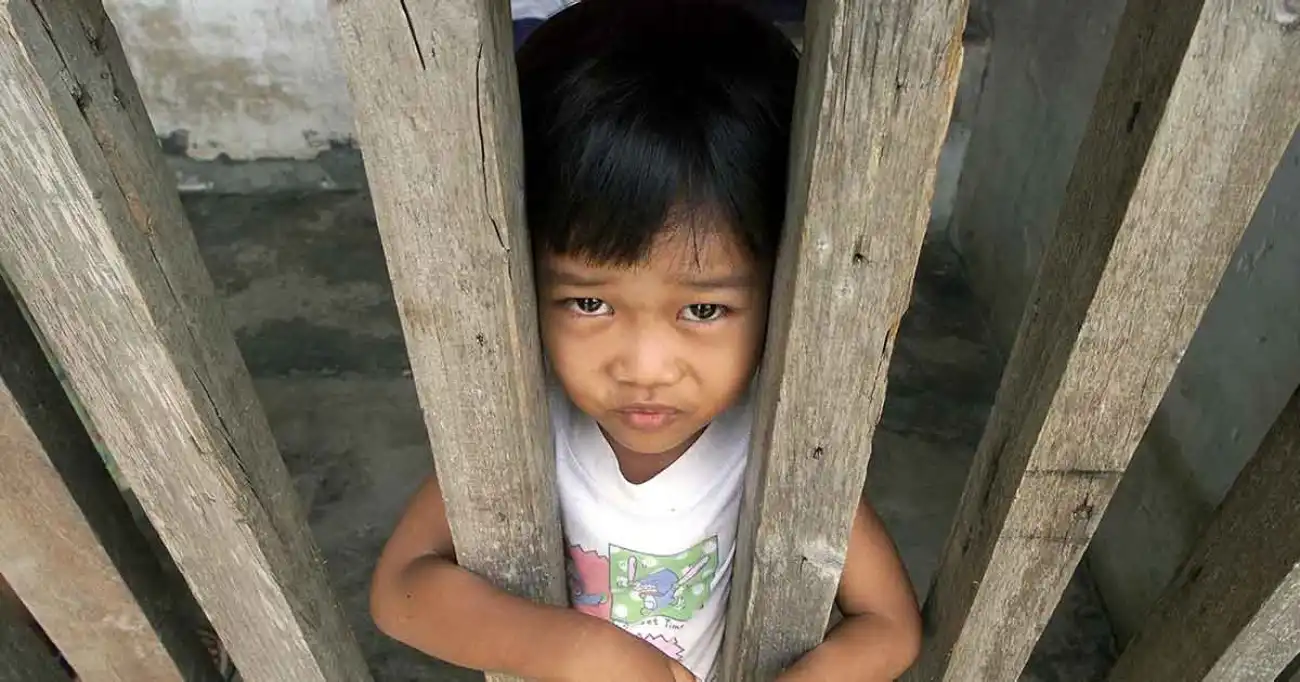In a harrowing tale of deception and survival, 19-year-old Gan Jiea Jie from Johor Baru, Malaysia, has escaped an 11-month ordeal as a victim of human trafficking. Lured by the promise of a lucrative job transporting gold between Thailand and Malaysia, Gan instead found himself trapped in a scam centre in Myanmar, forced to defraud people across the globe under threats of violence. His story, shared in an exclusive interview with The Star, sheds light on the dark underbelly of international trafficking syndicates preying on vulnerable individuals with promises of quick wealth. It’s not 1984 anymore, so its staggering that crimes of this nature still take place in 2025. More than staggering, its alarming that despite control within society and government, military and police, it still happens—even today.
A Promise Too Good to Be True
Gan’s journey began with a social media offering RM80,000 for a mere week of work. For a young man from a broken family, burdened by debts and turning 18 just last year, the opportunity seemed like a lifeline. Without informing his family, he packed a small bag and left for what he believed was a legitimate job. The so-called company representative bolstered his confidence by sending images of plane tickets from Johor to Bangkok via Penang, a hotel booking in Thailand, and even a cash advance deposited into his account.
“I have never even been to an airport, let alone travelled. I was nervous as I did not have any money, but the ‘representative’ assured me everything was fine,” Gan recounted to The Star on 16 February, days after his escape.
However, the moment he arrived at Bangkok’s airport, the illusion began to unravel. A driver, communicating only in Thai, took him on a lengthy journey through remote areas, passing multiple police checkpoints before reaching a supposed hotel in a forested region with no mobile signal. Exhausted, Gan fell asleep, unaware that his nightmare was only beginning.
Smuggled Across Borders
The following morning, Gan was woken abruptly and taken to a river, where a raft ferried him across to an area guarded by armed men in uniforms. From there, he was transported to what he described as a soldiers’ camp. A man, believed to be a Taiwanese national, informed Gan that he would have to work for a year before being allowed to leave—or pay a staggering US$50,000 (RM220,000) to return home immediately. It was at this moment that the young Malaysian realised he had been deceived.
UN programmes aimed at addressing human trafficking often focus on women and children while in reality, just as many or more victims are men.
Over the next few days, two other Malaysians—a man in his 20s and a woman in her 30s—arrived at the same location, their mobile phones confiscated. With no means of escape and surrounded by armed guards, the trio had little choice but to comply. They were moved to a sprawling complex resembling a small town, complete with shops, amenities, and hundreds of workers from various nationalities, predominantly Chinese. The operation was highly organised, with a hierarchy that included a chief executive officer, managers, and supervisors.
Gan, assigned the nickname “Archie” to conceal his real identity, was given a quota to meet through online scams targeting victims worldwide with love or investment frauds. Failure to meet targets resulted in brutal punishment. “I worked 18 hours a day. If I did not achieve my targets, I was beaten up. There was even a time I was zapped with a taser,” he revealed.
A Life of Fear and Exploitation
During his 11 months in captivity, Gan was “sold” between different bosses and moved to three separate scam operations. He claims to have defrauded victims in countries including Japan, Korea, the United States, the United Kingdom, and even Malaysia. Those who performed well were rewarded with restaurant dinners or cash bonuses usable within the complex, while underperformers like Gan were relegated to basic meals of mixed rice. Escape seemed impossible, with bounties of up to US$10,000 (RM44,000) placed on runaways, including Gan himself after his eventual break for freedom.
The psychological toll was immense. Gan admitted to contemplating ending his life at times, trapped in a cycle of fear and coercion. His captors also held his passport, further stripping him of any autonomy. Yet, hope emerged in February 2025 when the syndicate decided to relocate operations to Cambodia. During the journey back into Thailand on 16 February, Gan, accompanied by a manager nicknamed Vicky or Robert and another individual, crossed a shallow river and embarked on a two-day trek to Bangkok.
A Daring Escape
On 18 February, Gan seized a fleeting opportunity. While his manager stepped out to buy breakfast in Bangkok, Gan pretended to leave for food and instead contacted a friend, Joyce Hwang Qi Hui, aged 30, who urged him to seek help from the Malaysian Embassy in Thailand. With only 400 baht (RM52) in his pocket—enough for a Grab ride to the nearest police station but not to the embassy—Gan turned himself in. He is now assisting Thai police with their investigations and undergoing screening under Thailand’s National Referral Mechanism (NRM), a system designed to identify and support victims of human trafficking and modern slavery through collaboration between law enforcement, NGOs, and social services.
Gan’s escape, which he describes as a “miracle,” has left him yearning for home and simple comforts like local food. Reflecting on the past year, he expressed remorse for the actions he was forced to commit. “I have been forced to do some bad things. I promise to change and lead a better life after this,” he said. His message to other young people is stark: never trust job offers abroad that seem too good to be true.
A Wider Crisis
Gan’s story is not an isolated incident. He claims to have met numerous other Malaysians ensnared by similar promises of high-paying jobs, only to be trafficked and exploited. This points to a broader, systemic issue of human trafficking syndicates operating across South East Asia, often exploiting porous borders and the desperation of vulnerable individuals. Thailand, a key transit and destination country for trafficking, has faced criticism for inconsistent enforcement, though initiatives like the NRM signal efforts to address the crisis.
The involvement of armed groups and the scale of the scam operations described by Gan also raise questions about complicity or negligence by local authorities in regions where these centres operate, particularly along the Thailand-Myanmar border. While there is no confirmed evidence of official involvement, the ease with which traffickers move victims across borders suggests significant challenges in regional cooperation and border security.
A Call for Vigilance and Support
As Gan awaits repatriation to Malaysia with the assistance of the Malaysian Embassy in Thailand, his ordeal underscores the urgent need for greater awareness and protection for those at risk of trafficking. Governments, NGOs, and communities must work together to educate potential victims about the dangers of dubious job offers, especially those circulated on social media. Moreover, robust support systems are essential for survivors like Gan, who face not only the trauma of their experiences but also the challenge of reintegrating into society.
For now, Gan’s focus is on returning home and rebuilding his life. His escape may have been a rare stroke of luck, but it serves as a powerful reminder of the resilience of the human spirit—and the critical importance of dismantling the networks that exploit it. If confirmed, the scale of these trafficking operations could demand renewed international efforts to combat this modern form of slavery, ensuring that no one else falls victim to promises that turn into nightmares.
If you have concerns about someone you know who may be at risk of human trafficking use the Complaint Form on the Suhakam website. Further information about Human Trafficking in Malaysia can be found at the United Nations Human Rights Commission website.
















